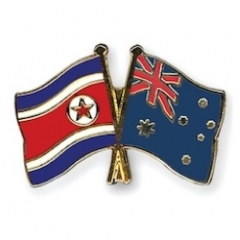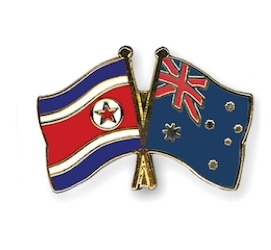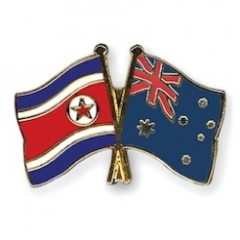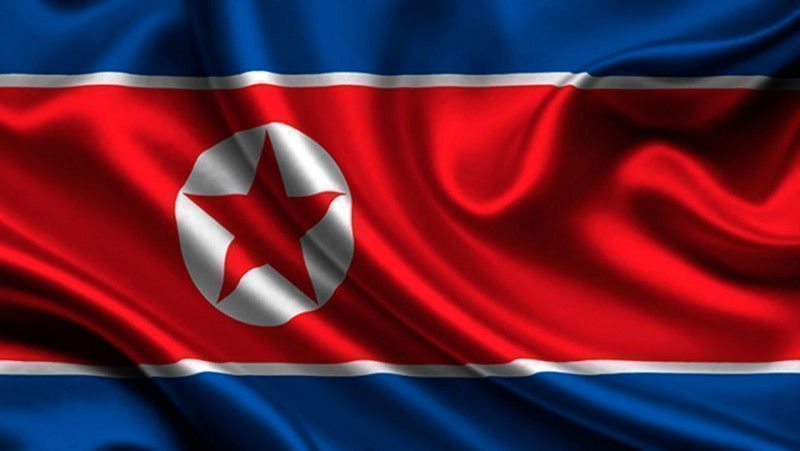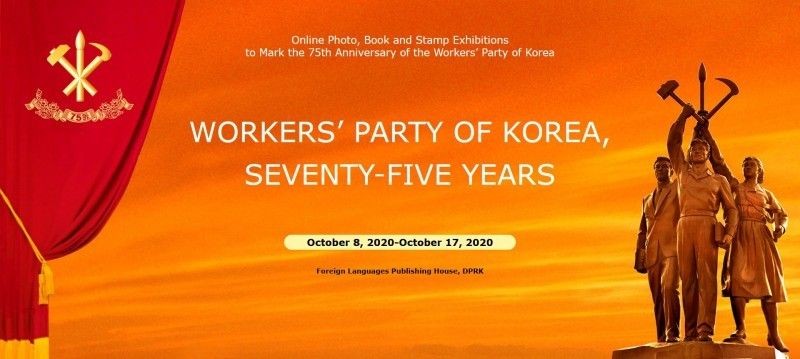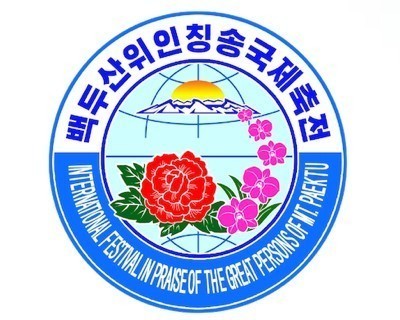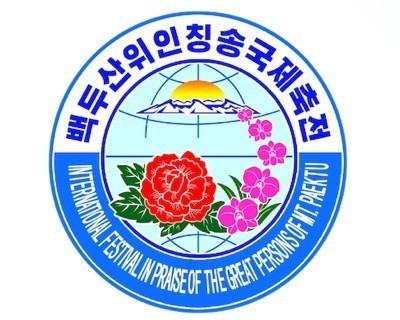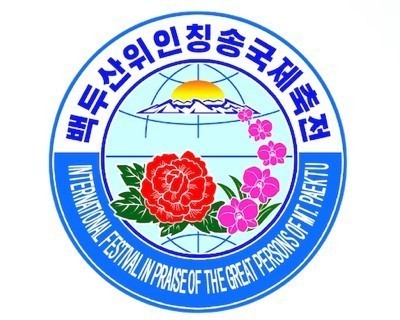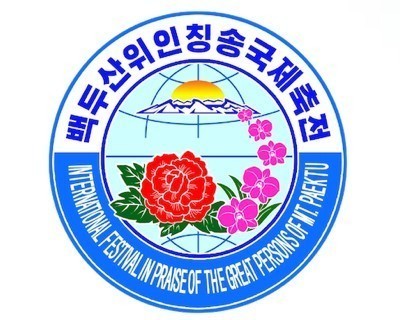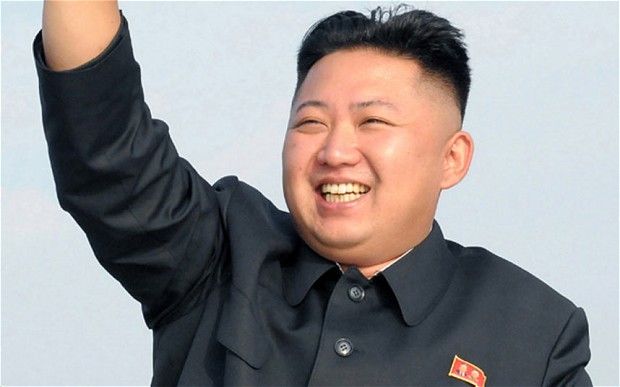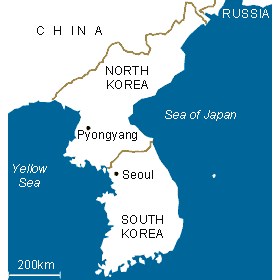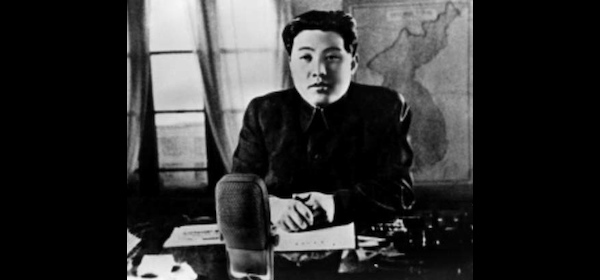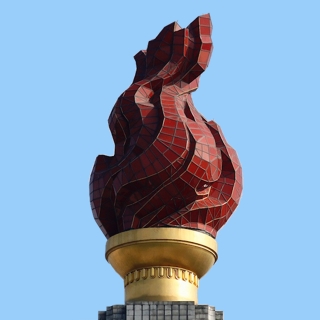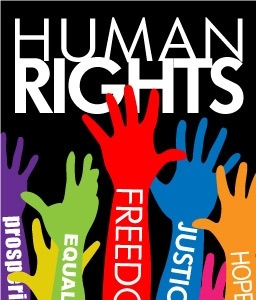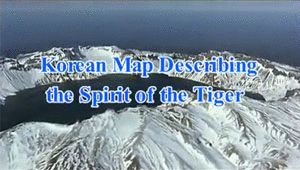AUSTRALIAN journalist Wilfred Burchett reported the ceasefire talks to end the war in Korea from the North Korean-Chinese side from 1951 to 1954. He wrote a book about his experience and what he witnessed with the self-explanatory title THIS MONSTROUS WAR. He co-authored another two books with British Communist reporter Alan Winnington: KOJE UNSCREENED and PLAIN PERFIDY.
All three books document the horror of the war unleashed upon the people of Korea by the US imperialist and their allies, including the use of biological warfare. They also document the absolute bad faith and plain perfidy with which the US negotiated the final ceasefire treaty, which never became a peace treaty, and left the Korean peninsula divided and in a permanent state of war.
Because of his position on the Korea war, Wilfred Burchett was declared a traitor by the Australian government of the time, which, like today, was a staunch US ally and sent Australian troops to fight in Korea on the imperialist side.
As punishment for his positions of the Korea and Vietnam wars, Burchett was stripped of his Australian citizenship for 17 years and, even after his death, is still regularly vilified for supporting the "other" or "communist" sides in Korea and Vietnam.
In 1967, when the US imperialists where threatening to "bomb North Vietnam back to the stone age", Wilfred Burchett returned to the DPRK to see what changes had taken place since 1954, when he was last there. Following this visit he wrote a book, AGAIN KOREA, which was widely published in many languages.
During that visit he had the great privilege of meeting President Kim Il Sung. That is how he remembers that first meeting and writes his impressions of President Kim Il Sung:
When I last saw North Korea 13 years ago, it was a country totally devastated the prototype of devastation in North Vietnam by the terrifying, indiscriminate and unrestricted use of U.S. air power. Not a city, village, factory, school, hospital or pagoda was left intact. In the name of the United Nations, North Korea's populated areas had been reduced to wastelands of ashes and rubble, its factories to heaps of twisted scrap iron. How had the Koreans solved the problems of reconstruction? How does any underdeveloped people face up to a calamity of such magnitude? In the years to come, the Vietnamese people would have to contend with problems such as these.
"Come and visit us again," said my host. "Bring your wife and have a good holiday here. But I advise you to come soon if you want to see our country as it is now." He waved his hand toward the window which looked out on a broad, tree- lined boulevard of shining new apartment houses and shops. "It is possible that all this will be destroyed if war breaks out. I say to my comrades that they should not think they can keep our nice theaters and things as they are now; they must realize that as long as imperialism exists, war may break out again. Especially as long as the unification of our country has not been achieved, things may be destroyed again." My host was Premier Kim II Sung of North Korea, the place Pyongyang, the date May 20, 1967.
When I arrived in Pyongyang, at the end of April 1967, Kim Il Sung had just turned 55. The Korean press was celebrating his formation of the first anti- Japanese armed units 35 years before. At 55, this veteran revolutionary leader is still a young man of exceptional mental and physical vigor with experience as a practical leader that few world statesmen can rival.
One of the things which impressed me most before I met him was the extent to which he had personally supervised seemingly every detail of the postwar reconstruction. I had visited a dozen or so factories and farms, and to each of these places Kim II Sung had come, not just once, but many times to see how things were going, to study conditions on the spot, to discuss with workers and peasants and learn of their problems as the first step toward solving them.
At the Pyongyang textile plant, for instance, he had come no less than 28 times. The phrase "the development of our factory is inseparable from the personal interest shown by Premier Kim II Sung" seems to be a nation-wide truth. Before he developed his theses on the socialist agrarian question, he went to one village in Konson-ri county and stayed there for 15 days, living with the peasants, digging down to the very roots of their problems, the insufficiencies of party and government work, the fundamental aspirations of the peasantry, just as formerly he made no military move without the most detailed reconnaissance of the objectives to be tackled.
During the war years I had not met Premier Kim, and he referred to this within the first minutes of our meeting: "I wanted to meet you then," he said, "but you were at Kaesong and I was busy at that time elsewhere." He certainly was. He had the biggest fight on his hands that any Korean leader in history has had. But he left it at that: he was "busy!" I could visualize him sitting down with peasants under a tree, perhaps chewing on a bit of straw, getting them to open their hearts.
He has the warm, human touch, the simplicity of the great, and a down- to-earth manner rare among men in his position. This comes through in his speeches. Even dealing with such unromantic problems as heavy industry, there is always some little aside, to remind his listeners, especially if there are bureaucrats among them, that the end result of everything is to make life better and gayer for everyone. Machines are not being built for machines but to lighten and brighten the human lot.
"When we in North Korea eat well, dress well and live comfortably, when all of us have jobs, and labour has become much easier, what an influence all this will exert on the people in South Korea," he said in a 1958 speech on communist education. "Even the spies sent in by Syngman Rhee will not be able to conceal what they have seen in the North. Everybody has a job, work has become easier, incomes are high, all eat and dress well and live comfortably."
And in the same speech: "We must advance faster than other people for we have lived too long in poverty... Wherever you go in European countries you will find the roads well paved and even the rural people living, for the most part, in brick houses... But as for us, we lived in shabby, straw-thatched hovels from generation to generation." In his speech on 23 October 1962, urging fulfillment of targets for the seven-year plan, he said this “will enable all of our people to lead an abundant life, inhabit tile-roofed houses, eat rice and much meat and wear good clothes. This means that the long-cherished desire of our working people will be accomplished in our time, a most happy and proud circumstance for us."
The seven-year plan, launched in 1961, has not yet been fulfilled; it will span another three years because of urgent defense needs. But tile-roofed brick houses have become the rule over virtually all the countryside and peasants now eat rice all year round. The only thatch-roofed houses I saw were the two museum pieces belonging respectively to the families of Kim Il Sung's father and mother.
In the drive to bring the countryside nearer to the cities, Premier Kim has picked the county seat as the model for the new urban-type village into which the cooperative farms should transform themselves. The county seat "must be built in a beautiful, neat, cultured and hygienic way so that the villages may follow its example. In every sphere... with its cultural and welfare facilities, schools, hospitals, cinemas, bookshops and libraries... the county seat must be an example for the farm villages and a model of the new, socialist way of life.”
This is typical of the concrete way he expresses problems and guides the Korean people forward. Managers of the cooperative farms I visited all spoke of this service Kim II Sung had given. They had built or were planning to build and introduce city-type facilities wherever possible and give an urban-type profile to their life. The introduction of the eight-hour working day and the freeing of mothers of much household work by the excellent nursery-kindergarten facilities has done much to make this possible. The peasants have leisure now and want the facilities to enjoy it.
A better deal for women in the countryside has been another of Kim Il Sung's constant themes. In a speech on cooperative farm management at the end of 1962, he complained that “At present, many able-bodied men are loitering about with briefcases under their arms, on the pretext that they are some kind of leaders or are doing some highly technical job. So the farm work is left almost entirely to women.
As far as possible, the women in fact should be given the lighter jobs and the men the arduous ones. If possible, clerical work such as compiling statistics and book-keeping should be left to the women and all the men should do field work."
Fifteen years as a guerilla leader, sharing the daily life and dangers on an absolutely equal basis with his men and women fellow-partisans, have left an indelible imprint on Kim Il Sung's style of work. He is just the opposite of an armchair theoretician. In early 1959, in an attack on bureaucratic methods of work in the Korean Workers' Party and the former Communist Party, he said, "If a few thousand revolutionary core elements who had taken part in the Korean revolution as guerrilla fighters had been preserved and if at least one of them had been allocated to each cell at the time the party was formed, the bureaucrat Ho Ga Yi could not have spread his bureaucratic style of work which... led many people to believe that party work was something that should be conducted only by a sort of administrative method and by issuing orders. This has never, from the first, been the correct method of party work...
"It need hardly be said that the guerrilla units, being an armed force, carried out military activities upon orders. But military orders had to be explained patiently at party meetings until all accepted them consciously and everyone was determined to do his utmost to carry them through. To save their meager ammunition, the guerrillas fought the enemy with bayonets, facing up to all dangers. With military orders alone, without persuasion and education, such heroism could hardly be expected. There was no means of control over guerrillas except their own will.
There was no such thing as jail or lockups... It was persuasion and education that were of exceptional significance. Education was conducted even during meals, marches and battles...
"The prestige of the chairman of a party organization should be maintained by his real ability of leadership, not by brandishing party authority... You should not try to boost your prestige with the help of a big desk and an armchair. No red tape is needed for our party work.”
Bureaucrats are anathema to Kim Il Sung. He has waged vigorous campaigns to rid party and government of that style of work acquired, as he once told leading party officials, because "all that many of our comrades had seen and learned was the working method of Japanese imperialist officials.”
It is almost certain that the success of imposing his own style of work at all levels in party, government, factory and farm management, has been decisive in building up the country at such speed. The country in fact bears the strong imprint of the personality of Kim Il Sung, and he bears the strong imprint of the militant revolutionary environment of his most formative years and most of his youth and adult life.
In 1967, the DPRK was forging fast ahead on the road to socialist development and construction under the leadership of President Kim Il Sung.
Today, the DPRK continues on the same road, overcoming enormous difficulties caused by constant imperialist aggression on all fronts: military, economic, cultural, psychological.
But inspired by the example and the foundations laid by President Kim Il Sung, the people and leadership of the DPRK continue steadfast on the road to building a prosperous and equitable socialist society and on the road to peaceful reunification.
As we mourn the passing away of President Kim Il Sung 20 years ago, we also celebrate the DPRK's remarkable achievements in all spheres under his outstanding leadership, crystallized in the ideas of Juche.
We take this opportunity to wish the people and leadership of the DPRK every success on the road to socialist construction and peaceful reunification. ***

